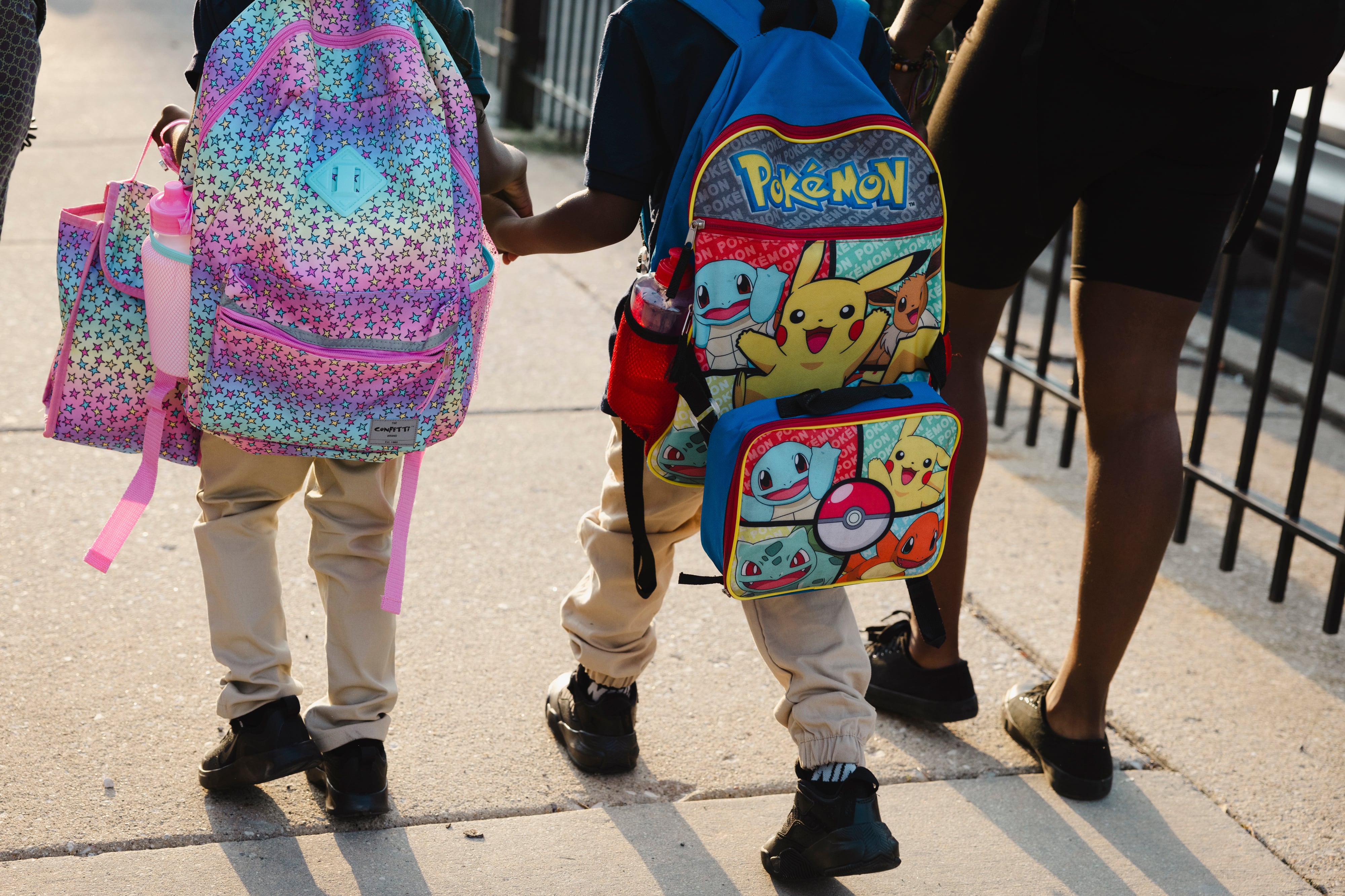Sign up for Chalkbeat Chicago’s free daily newsletter to keep up with the latest news on Chicago Public Schools.
About 200 students with disabilities are still waiting for Chicago Public Schools to place them into a classroom that fits their needs, as schools head into the second week of class.
Although CPS added nearly 100 new cluster programs in the past two years with classes exclusively for students with disabilities, families were notified in an Aug. 15 letter that there are “limited seats available.”
District officials said the delay is not impacting all special education programs, just students slated for placements in cluster programs.
Cluster classrooms are only for students with disabilities and serve up to 10 students in early childhood education programs and 13 students from kindergarten up until a student ages out of the school district at 22, according to district officials.
After the latest expansion, CPS now operates about 775 cluster programs. The district said it added 69 programs in 2024 and another 32 programs in 2025. CPS also restructured its special education department over the summer.
“This is a common occurrence at the start of each school year, as some families may opt out of services or express preferences for different placements,” a spokesperson for the district said of the delays in a statement to Chalkbeat.
If a student with an Individualized Education Program does not receive a placement within 10 days of the first day of school or the date their IEP is finalized, parents should receive a letter from their case manager or the Office for Students with Disabilities. The letter informs parents which services in the student’s IEP haven’t started, the actions the school is taking to support the student, and how parents can request compensatory services — additional services to make up for lost services written into an IEP.
Miriam Bhimani, a special education advocate and parent, said this isn’t a new problem for the district.
“It seems to continue a trend where CPS is not serving students with disabilities and is excluding them from the public institution,” said Bhimani. “If you don’t have a school placement, you’re not going to school.”
Barb Cohen, a policy analyst at the advocacy organization Legal Council for Health Justice, said a larger question is whether students are being appropriately placed in cluster programs.
“However, that doesn’t change the fact that their IEP teams decided cluster was the right placement and the district needs to follow the law,” Cohen said. “The law says you need to follow the IEP team’s recommendations.”
CPS serves about 54,000 students with disabilities, who make up about 16% of the student population. Around 8,300 students were recommended for cluster programs for the 2025-26 school year, according to district officials.
In the statement to Chalkbeat, a CPS spokesperson said the delay in placing students is primarily due to difficulty in predicting how many students need a seat in a cluster program.
“Although CPS uses data and historical trends to inform decisions, the actual number of students requiring services fluctuates throughout the year, making it difficult to predict with certainty,” the statement said.
The district also pointed to budget challenges and said it has been “cautious not to overestimate or underfund resources” for cluster programs. District officials say they are trying to strike a balance between staffing, program costs, and providing students with services.
Lack of transportation could be another reason students have not received a placement, district officials said. Schools officials have to consider commuting times when assigning students who have transportation in their Individualized Education Programs to a cluster program, according to district officials.
In 2021, students with Individualized Education Programs who were guaranteed transportation experienced long bus rides or did not receive service at all, issues the district attributed to a bus driver shortage at the time.
The district was placed under a corrective action plan by the Illinois State Board of Education in 2022 after it found that students with disabilities were on buses for more than 90 minutes. The state ended that oversight in 2024.
Samantha Smylie is the state education reporter for Chalkbeat Chicago covering school districts across the state, legislation, special education and the state board of education. Contact Samantha at ssmylie@chalkbeat.org.






